Implementing HACCP: A Guide for Food Businesses
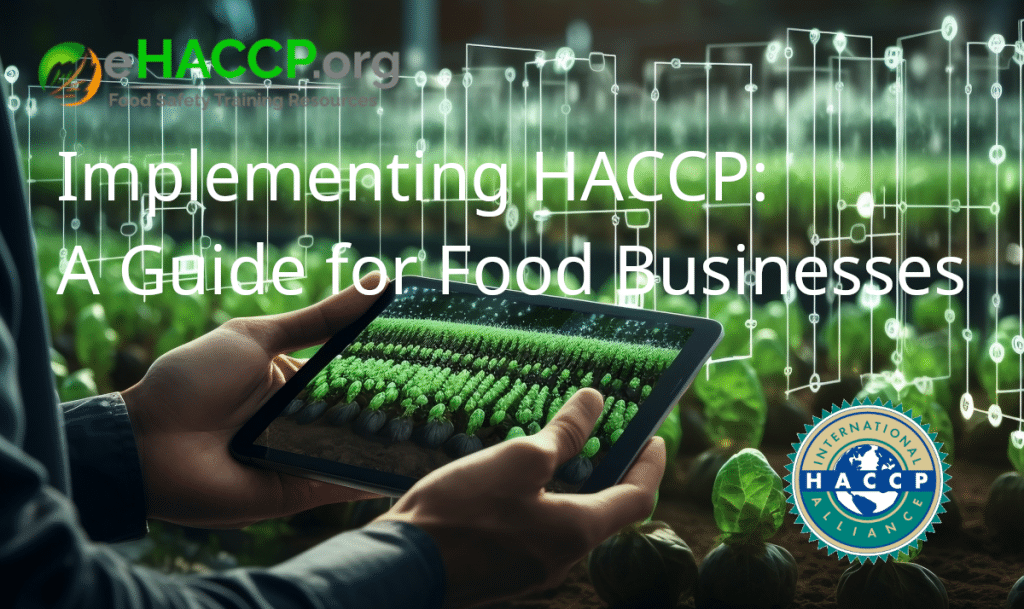
As a food business owner or manager, implementing an effective HACCP plan is critical to ensuring the safety of your products and compliance with regulations. HACCP, which stands for Hazard Analysis and Critical Control Points, is a systematic approach to food safety that focuses on prevention. By identifying potential hazards and establishing procedures to control […]
Introduction To eHACCP.org: The Leading Online IHA Accredited HACCP Training Course Provider
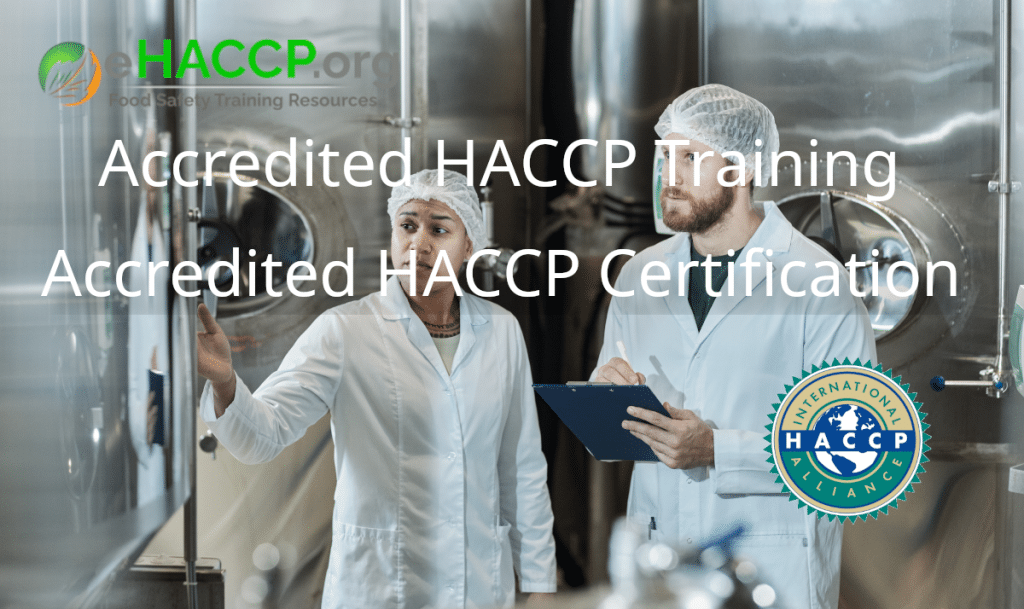
Introduction To eHACCP.org: The Leading Online IHA Accredited HACCP Training Platform In today’s rapidly evolving food industry, ensuring the safety and quality of products is of utmost importance. The implementation of Hazard Analysis and Critical Control Points (HACCP) systems has become a standard practice for businesses seeking to meet regulatory requirements and maintain consumer trust. […]
There’s More to the FDA and HACCP Than Warning Letters
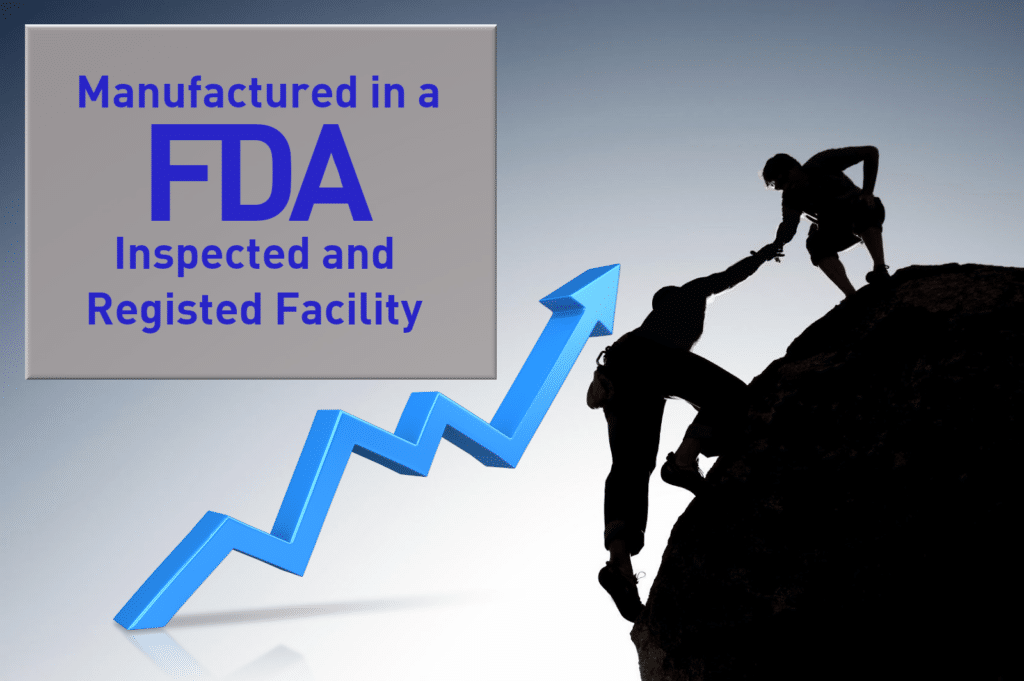
The origins of the FDA (U.S. Food and Drug Administration) can be traced back to the late 19th and early 20th centuries when concerns over the safety and quality of food and drugs began to emerge. Prior to the establishment of the FDA, there were limited regulations in place to ensure the safety and efficacy […]
HACCP and the BRC Scheme
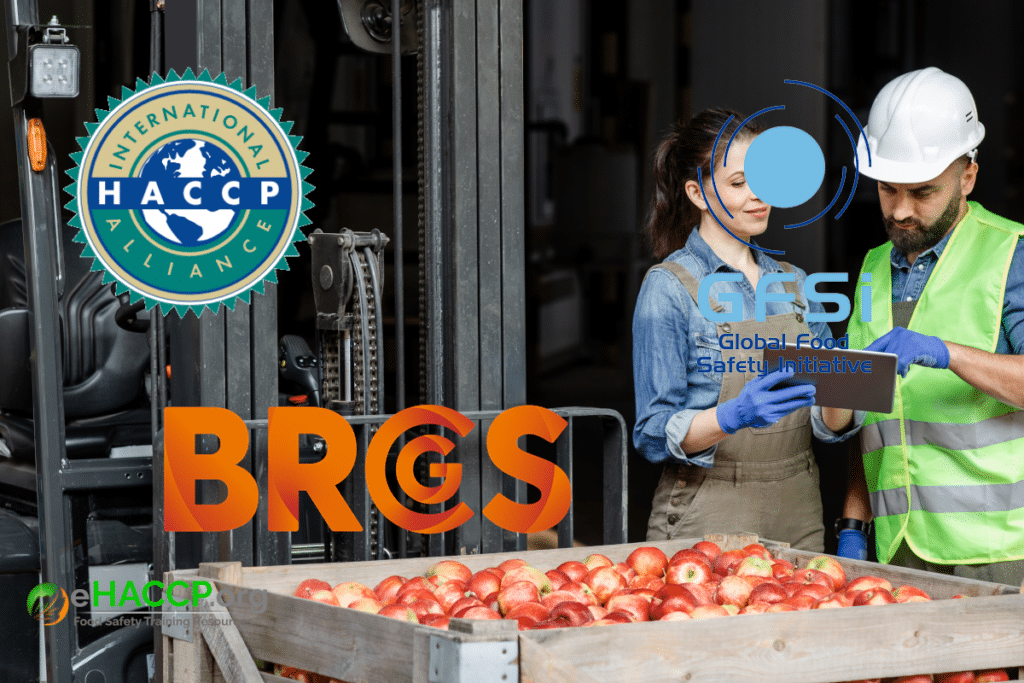
HACCP is a requirement under BRC. Being HAACP certified is a preliminary step that cannot be overlooked. BRC is a Global Food Safety Initiative (GFSI) benchmarked food safety standard covering food safety and management of product quality in food packing and processing operations.
Personal HACCP Certification vs. Facility HACCP Certification
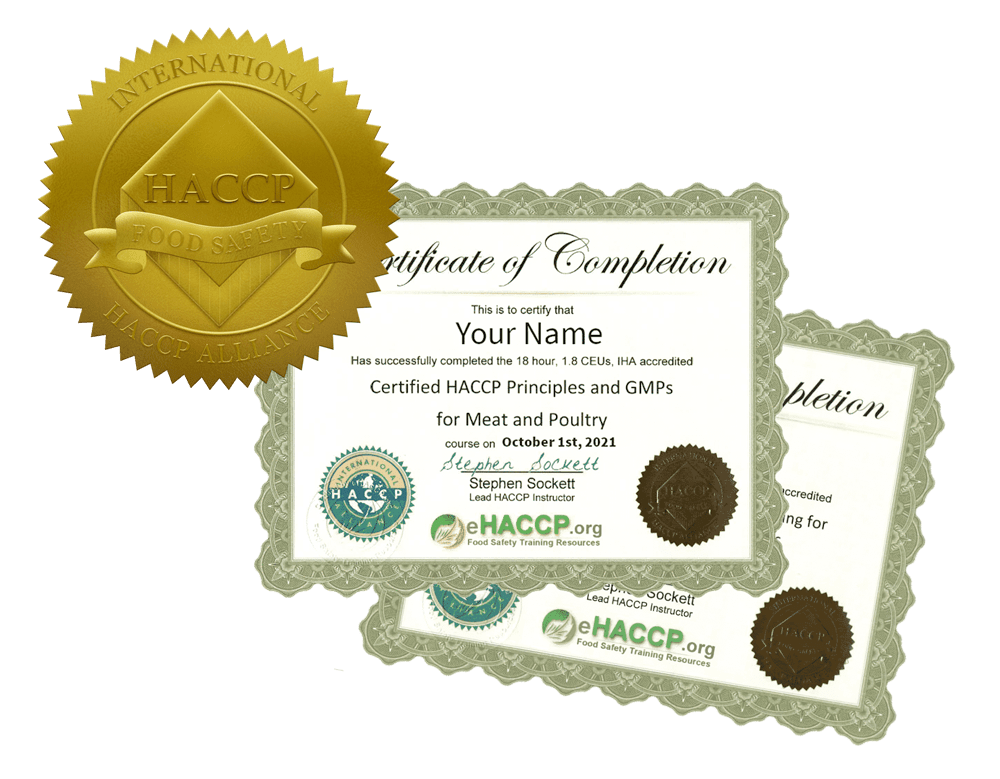
In today’s world of sensitive consumer needs for food safety, it is imperative that a food manufacturing facility (and brand) obtain a HACCP certification, at minimum. Implementing a HACCP food safety system and gaining HACCP certification may the gateway to growth in business opportunities (new clients), demonstrating food safety commitment, and solidifying the viability of […]
Why is HACCP So Important
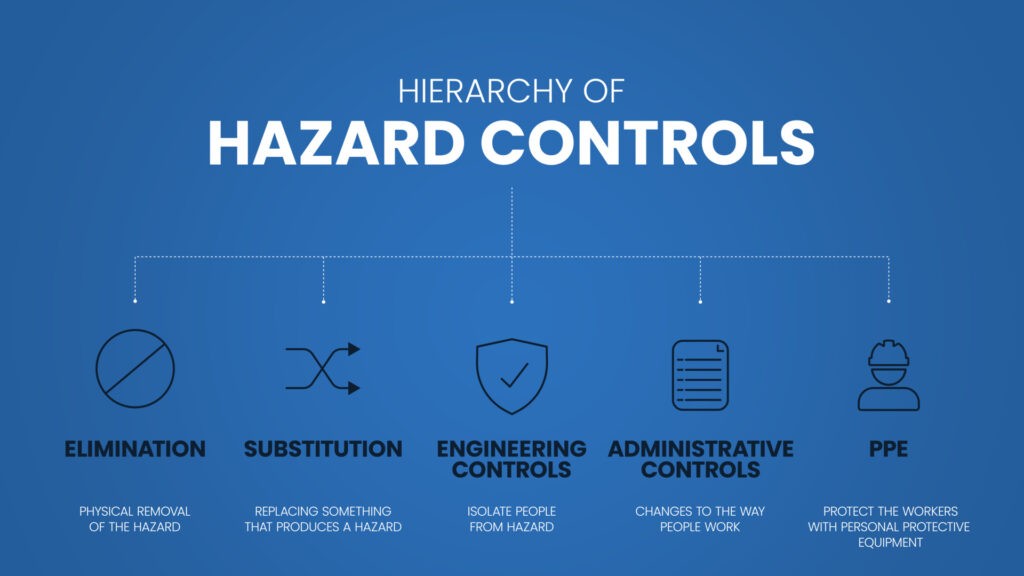
By implementing HACCP, food producers can take proactive steps to prevent food safety issues before they occur, rather than simply reacting to them after they have happened. This can help to protect consumers from foodborne illness..
How to Create a HACCP Plan

Conduct a hazard analysis: Identify potential physical, chemical, and biological hazards that could occur at each step of the food production or processing process.
Determine the critical control points (CCPs): These are points in the process where a hazard can be prevented, eliminated, or reduced to an acceptable level
Does a personal HACCP certificate have an expiration date?

The simple answer is no. However, an auditor may have a different idea. An accrediting body like the International HACCP Alliance or IHA, does not require an expiration date on an accredited course certificate but certain GFSI schemes require recertification every x amount of years. Companies also may require recertification. For example, Costco requires people to recertify every 5 years.
How Much Does a Food Safety Plan Cost?
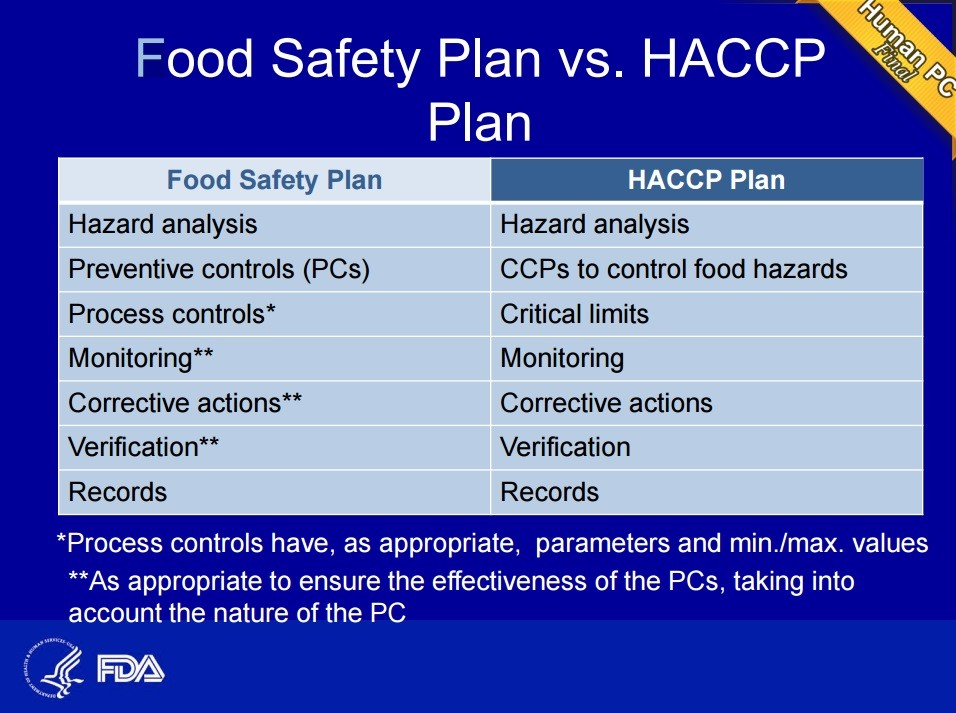
In general, the cost of developing a food safety plan can range from a few hundred dollars to several thousand dollars. The cost of implementing the plan and maintaining it over time will also vary depending on the specific requirements of the plan and the resources required to meet those requirements. It is important for businesses to carefully consider the costs associated with developing and implementing a food safety plan in order to determine whether it is a viable option for their business.
How to Get a HACCP Certificate?
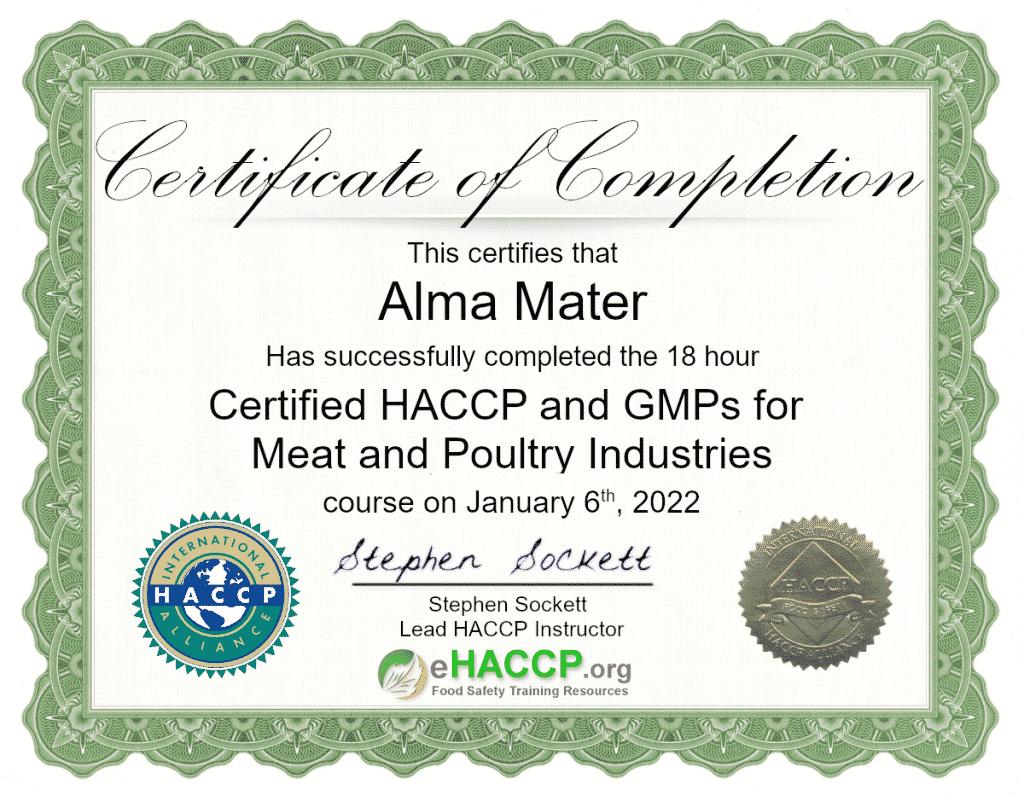
Find a training course: There are a number of organizations that offer HACCP training courses, both in-person and online. These courses should be accredited an can vary in length and intensity, so it is important to find one that meets your needs and schedule.

